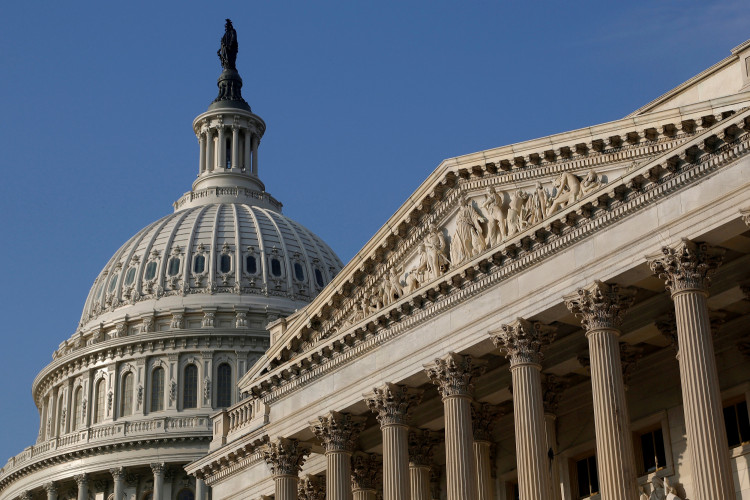A Republican Party-dominated panel in the US House of Representatives gave their vote, approving on Thursday the bill that could make President Trump's 2017 tax overhaul a permanent staple, a move which is seen by experts as a partisan ploy seeking to aid Republican candidates in the upcoming congressional elections on November 6.
The panel in question refers to the House Ways and Means Committee which gave their go-signal to several numbers of bills Republicans collectively call as the Tax Reform 2.0.
This new legislation would make the newly reduced tax rates become permanent and would even expand the tax-advantaged savings accounts such as those intended for retirement and education.
According to Reuters, the House panel voted 21-15 which forward the new tax policy to the House floor. This will then be voted by the entire chamber this coming October 1.
Despite its swift approval within the Republican-controlled lower House, this new legislation would likely to take a hamper upon its arrival in the Senate, CNBC said.
As pointed out by the news outlet in a separate report, advocates of the tax cuts would need to convince the Democrats in the upper chamber to give their thumbs up before it will be approved.
It is likely that the Senate will take up the matter after the midterm elections, which is this coming November 6.
Nicole Kaeding, federal projects director for the Tax Foundation, told the news outlet that there's still a possibility for the tax-cut policy to pass through the House although it is yet to be found out if a vote will happen given that the chamber is already running out of legislative days before the Nov. 6 elections.
Even more so, there's a pale chance for the bill proposal to get through the Senate, Kaeding added.
Lack of Public Support
Besides the absence of Democratic support, the reformed tax bill has yet to earn the backing of the public. The case in point is the tax overhaul law which Trump signed in December 2017.
A poll conducted by Monmouth University and cited over at CNBC indicated that less than 40 percent of the public approve the reform, while close to 50 percent showed their disapproval.
The tax law which was known then as the Tax Cuts and Jobs Act offered permanent tax relief to corporations. However, the tax cuts for individuals will only be effective until 2025.
This recent legislation, on the other hand, is intended to make the individual tax cuts also permanent.






